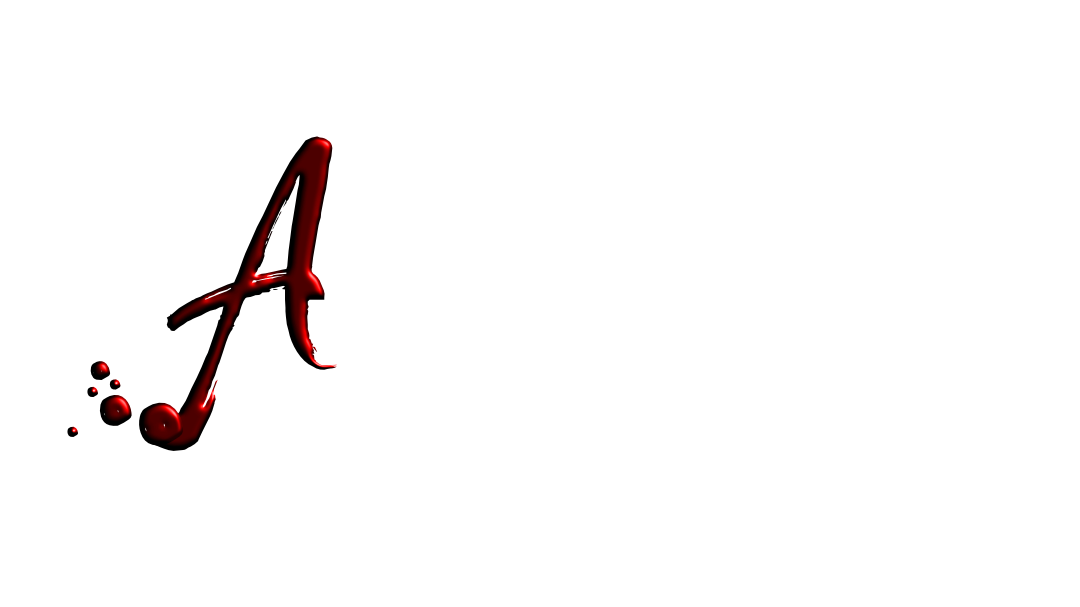Learning to Reframe: Failure
Thomas Edison built over 10,000 mock-ups of a commercially viable electric bulb before he succeeded in a working model.
Walt Disney was fired from The Kansas City Star because he “lacked imagination and had no good ideas,” enabling him to start his work in animation.
Steven Spielberg was rejected three times from the USC for Film Direction, but is the highest-grossing director in history, winning 2 Oscars and 2 Golden Globes.
Michael Jordan was cut from his High School basketball team, yet set records with 6 NBA MVP Awards and 10 Scoring Titles.
Stephen King’s first novel, Carrie was rejected 30 times before its ultimate publication, and he has since sold over 350 million books.
Winston Churchill failed 2 military entrance examinations, and lost 5 elections, but led England to victory in World War II and won a Nobel prize for “his mastery of historical and biographical description as well as for brilliant oratory in defending exalted human values.”
Failure does not need to be the period of a sentence limiting your dreams or achievements. Many, many people in history have used failure as a springboard, which their stubborn tenacity, will, and talent have used to propel them forward with even more focus. Maybe Edison said it best: “I have not failed. I just found 10,000 ways that won’t work.”
For some reason, as “responsible adults,” we seem to think instant gratification is the only option when putting our mind to succeeding at a thing. A new task, a new job, a new relationship. Why in the world we think this is acceptable --that this doesn’t in fact seem rather insane, should be considered more alarming than our willingness to walk away at the slightest inconvenience. We expect perfection out of every turn from others, from ourselves, and render many steps towards excellence as failures when really...we haven’t given them the chances they have due to them to really succeed.
We don’t expect infants to walk on their first try, or read the first time they’ve laid eyes on a book. We don’t expect to be the best skier if we’ve never seen a ski slope. Or sit at a piano and bang out a concerto within 15 minutes of first laying hands on the keys. The best minds on the planet have been working for over 9 months on a vaccine for a world-wide epidemic -- and we don’t think of them as “failing” because they don’t have an answer yet -- they are succeeding in their quest because they are every day gaining more and more knowledge to bridge the gap to a final solution.
Some things we make allowances for -- but the bulk of what we “try” seems to have a tiny window of time in which we “need” to achieve success in total, or we dump them and walk away...which veers from the possibilities lying just on the other side, within grasp. Suppose Edison stopped at mock-up number 9,999? Suppose Churchill just stayed home and painted? Suppose Spielberg went on to sell insurance? What if King gave up the writing idea entirely, and Jordan worked a desk job, 9-5?
Yes, these people were given enormous talents but their failures were not at all unlike yours and mine. In that: we are the same. So might there also be something in the fact that maybe--maybe we too have outstanding talents to recommend us -- just waiting beneath the surfaces of our failures, waiting to break free, bust out, and make a name for themselves too?
How would we know -- unless we keep reaching, keep seeking, keep trying -- for the things we are most passionate about?
Think about that on the next draft, the next model, the next swing, the next jump, the next canvas, proof theory, carving, build, program, test, rehearsal, recording, training, or taste.
“Many of life’s failures are people who did not realize how close they were to success when they gave up”
(...That was Thomas Edison again. The dude seems like he’s going places...am I right?)
